Summary:
Krista Williams and Lindsey Simcik share their opinions on the differences between spirituality and religion. Contemplating your relationship with spirit can feel supercharged with triggering emotions, especially if we’ve had negative or uninspiring interactions with religion in the past.
They reflect on their spiritual evolution and relationship with God. From traditional rituals of childhood conditioning to the framework they feel aligned with today, they discuss how they navigated resistance around what it means to believe in God.
They also talk about how the process of unlearning conventions has helped them cultivate a connection with God that feels unconditional, authentic, and life-affirming.
Listen to the full episode here:
In this post you’ll learn:
- Krista’s and Lindsey’s journeys with religion
- Coming back to a relationship with God
- The spectrums of religion
- Judgements in religion and consequences
- How to make spirituality your own
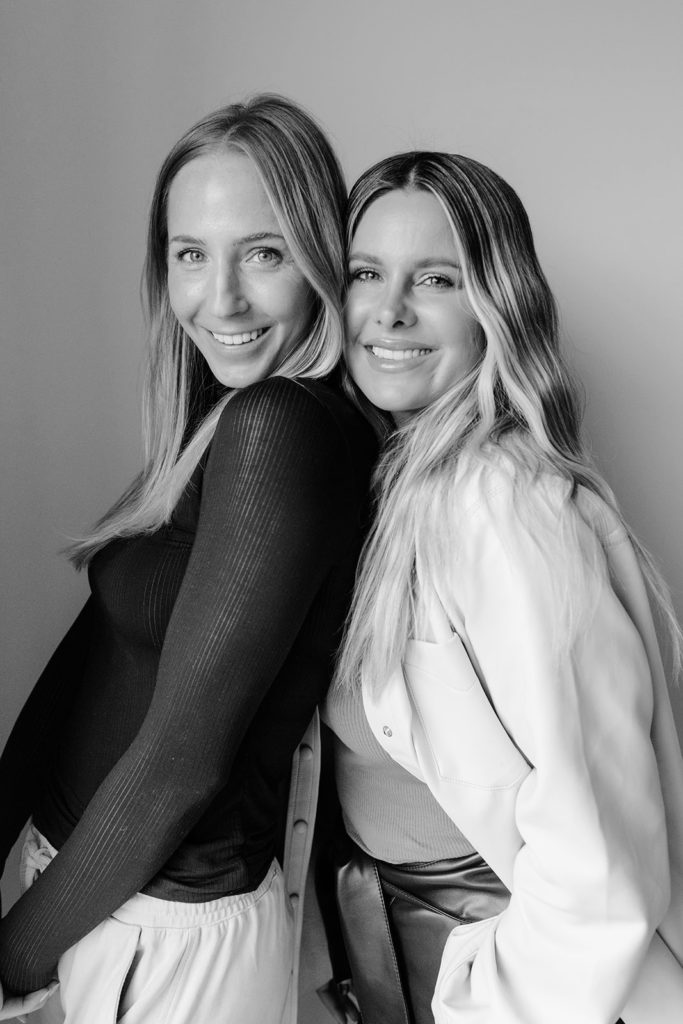
Krista’s Relationship with God
Krista and Lindsey discuss how there was a time when they thought spirituality was different from God. Words have such a charge and are really layered for people depending on their own experiences. For Krista, it’s harder to define spirituality because everybody’s idea of God is different.
“Religion is the dogma and ritual outside of yourself rather than the God in yourself. It’s the separation of yourself rather than the closeness to yourself.”
Krista’s definition and understanding of God have changed throughout the years. She grew up in a small town in the Catholic church. She found herself always being forced to go to church until she had a moment of pure rebellion in college.
Krista lost a lot of her connection to faith, though she believes it never really left her. At the time, she didn’t know there was a different path to God that wasn’t through the church.
Lindsey’s Relationship with God
As for Lindsey, she grew up in a small town in Pennsylvania. Up until about 7th grade, her mom was seeking a place where she could bring Lindsey and her siblings to a community. They went to many different churches, and Lindsey never hated the energy there, as it was a very family-driven, relaxed environment.
At the same time, she didn’t love going and never understood the “why” behind going to church. Lindsey thinks that’s an important piece that’s often missed and believes it’s important to clearly know your “why.”
When Lindsey went to Catholic school later in life, she noticed the energy was different. While she explains that there were a lot of positive aspects, when the time came for her to convert to Catholicism in order to go to school, she found the process to be interesting.
She never felt connected to Catholicism. She went to a Jesuit college and became distant. But she has found that our life experiences redirect us on a path of spirituality and believes her relationship with Sean really served as a catalyst for her to come back to her relationship with God.
The Organization of Religion
Krista and Lindsey explain how when we remove religion from society, we are often left searching for an organizing principle because religion has been an organizing principle of society for so long. This is why many have turned to politics and culture.
As a child, it’s difficult to make sense of all of the dogmas and rules. This sort of religious dogma provides a sense of certainty to give people faith.
With spirituality, you don’t need to see a ritual performed, you don’t need to do certain things to know that you are God and that God is a part of you.
Lindsey came back to spirituality first and then God later. In the past couple of years, she had a relationship with God and an understanding of how ritual as a part of religion felt very off. As she delved deeper into her spiritual path, she understood how inverted our Universe is.
She finds our medical system can make people sicker, our school systems can teach people less than what they would have learned naturally, and our churches can make people believe less in God.
Krista share how she always thought that it was odd that there was such an obsession with Jesus dead on the Cross, instead of the living teachings of Jesus.
She also found it interesting that each session in church never evolved over time and that eating the body and blood of Jesus Christ was something that never felt natural. It didn’t make sense to her that if he died for us, why would we eat his body and drink his blood? In the episode, Krista explains many other aspects that felt off to her.
Free Will: The Difference Between Spirituality and Religion
In The Law of One, Krista shares how the book explains that the Bible has a high polarity from Jesus and has evolved over time to be more and more distorted by its different editions and interpretations.
One of those distortions has to do with “Thou shall not.” From a high-level perspective, one may look at the 10 Commandments and think, “You shouldn’t steal or kill.”
But within the laws of the Universe, if we are to all have free will, everyone is the decider of their own experience.
Krista shares that we cannot take away from someone else’s experience in their life by telling them what to do in any way.
The role of rituals
When we look at rituals and practices, specifically those related to Catholicism, they can be a little off when we are thinking about them logically. If it feels good when you go to church, then that’s amazing. For Krista, she knew it didn’t align.
Krista also shares how we don’t think about the way being born into something can impact us. Also, how religion has a deep underpinning of fear with concepts of original sin, divine judgment, God’s wrath, and punishment in the afterlife, all of which create an environment of burden and worry.
Spirituality discards fear and worry. It’s like taking a less attached, hard, and fearful route — it’s just love.
Almost 30 Podcast Quotes
Lindsey found that in the Catholic church, she was waiting for an answer to make her feel better. We are not the objects of consciousness; we are consciousness.
With religion, it’s like, “Tell me the answer that I am seeking.” People often wait for an answer from a priest or guru.
With spirituality, the thing is always like, “I don’t know, I am always seeking.” In religion, we see people not knowing and making up something, and then that becoming the thing that people abide by.
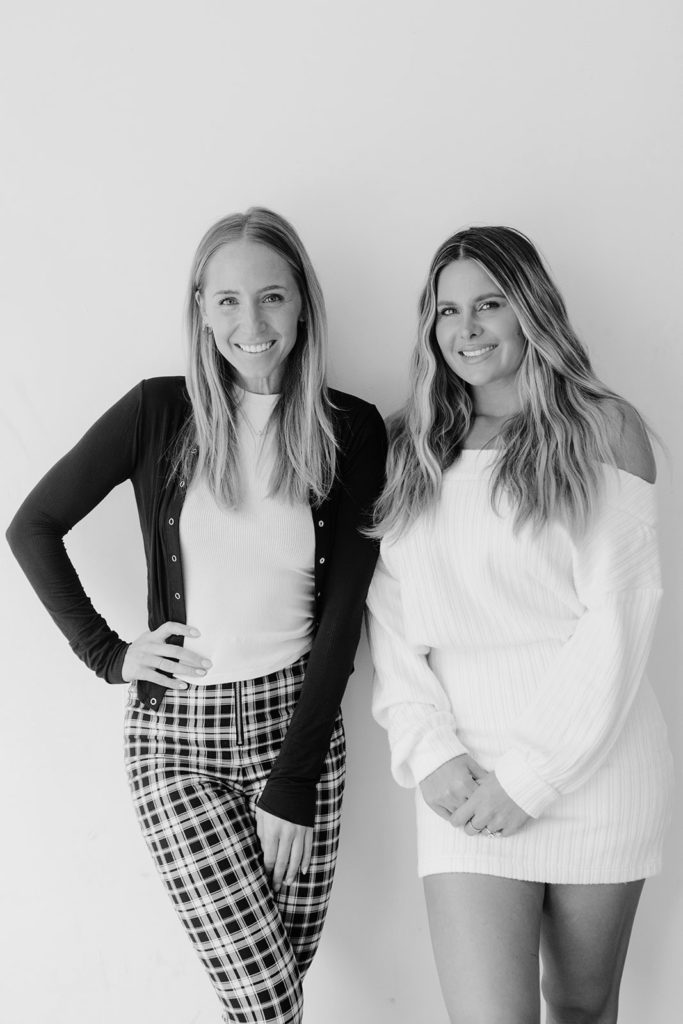
The Spiritual Path
In spirituality, it is up to the individual seeker to navigate their own experience. It’s more inward-seeking than outward. It can be complex or it can be incredibly simple.
Lindsey feels like the most mundane moments of her day can be incredibly spiritual. She is working on not comparing how spiritual she is in relation to others.
Spirituality is your own definition. The word “God” has such a charge to it that it can be a little off-putting to some people. They may immediately think what you are going to tell me is judgmental, exclusive, and someone who only loves people that do certain things.
The reclamation of that word is powerful and important, and also, if it doesn’t fit for you, it doesn’t fit for you.
As far as spirituality and comparison go, we have all of these tools and resources, but sometimes even those things can be really distracting. The experience of divinity, spirit, and the experience you are having within spirituality is so grand and powerful, and also so small.
Sometimes the most spiritual moments are in some of the most unexpected moments. The continual seeking of yourself as God, of others as God, of this experience as an experience by God for you, to align with your highest path and to know yourself as God.
Wherever you are right now, it is absolutely perfect. When our self-inflicted judgment comes in, that’s when we become disconnected from ourselves or greater power.
Loved this post? You can dive into more resources regarding the differences between spirituality and religion below!
- Waking Up: A Guide to Spirituality Without Religion by Sam Harris
- The Untethered Soul by Michael Singer
- The Law of One
- Conversations with God: An Uncommon Dialogue by Neale Donald Walsch

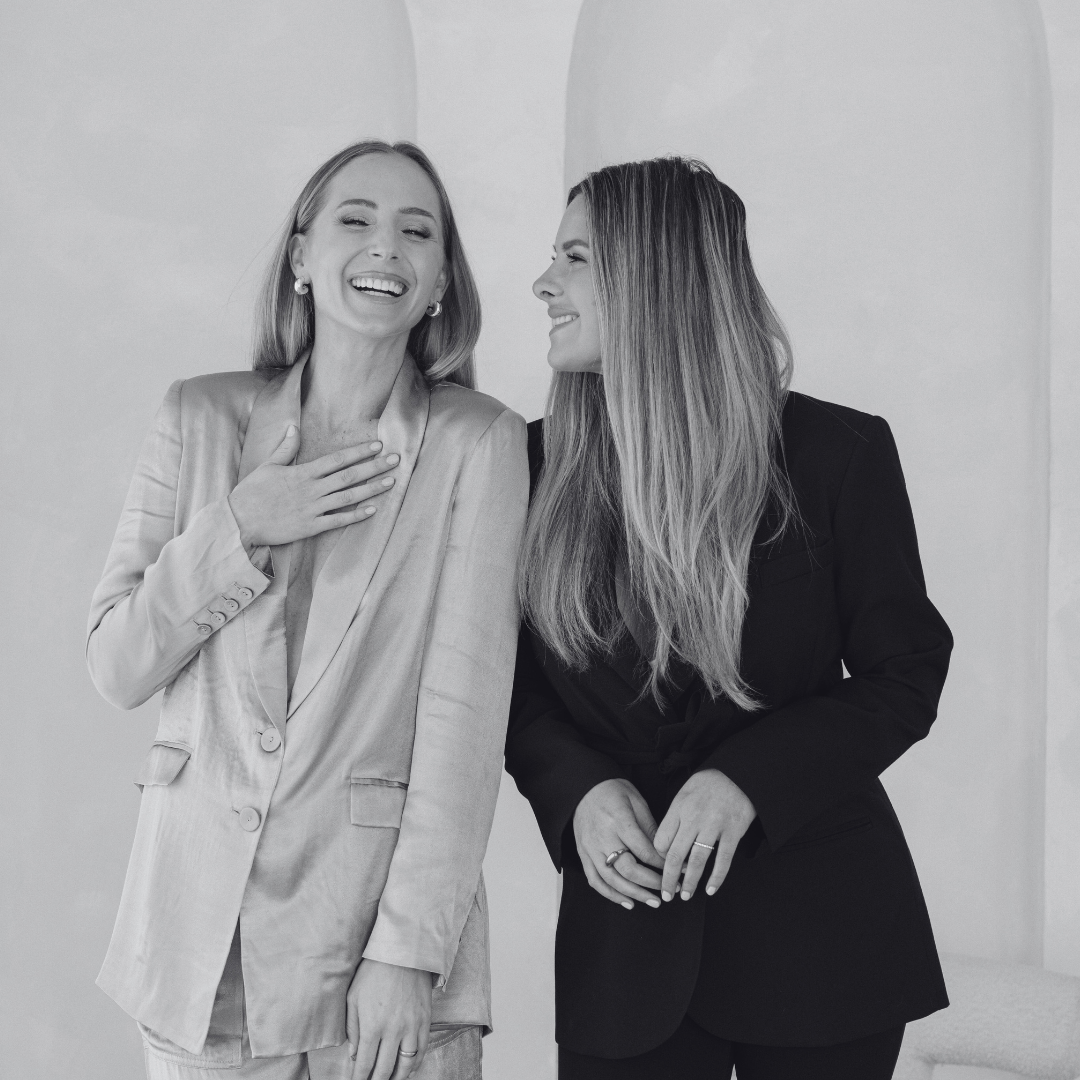
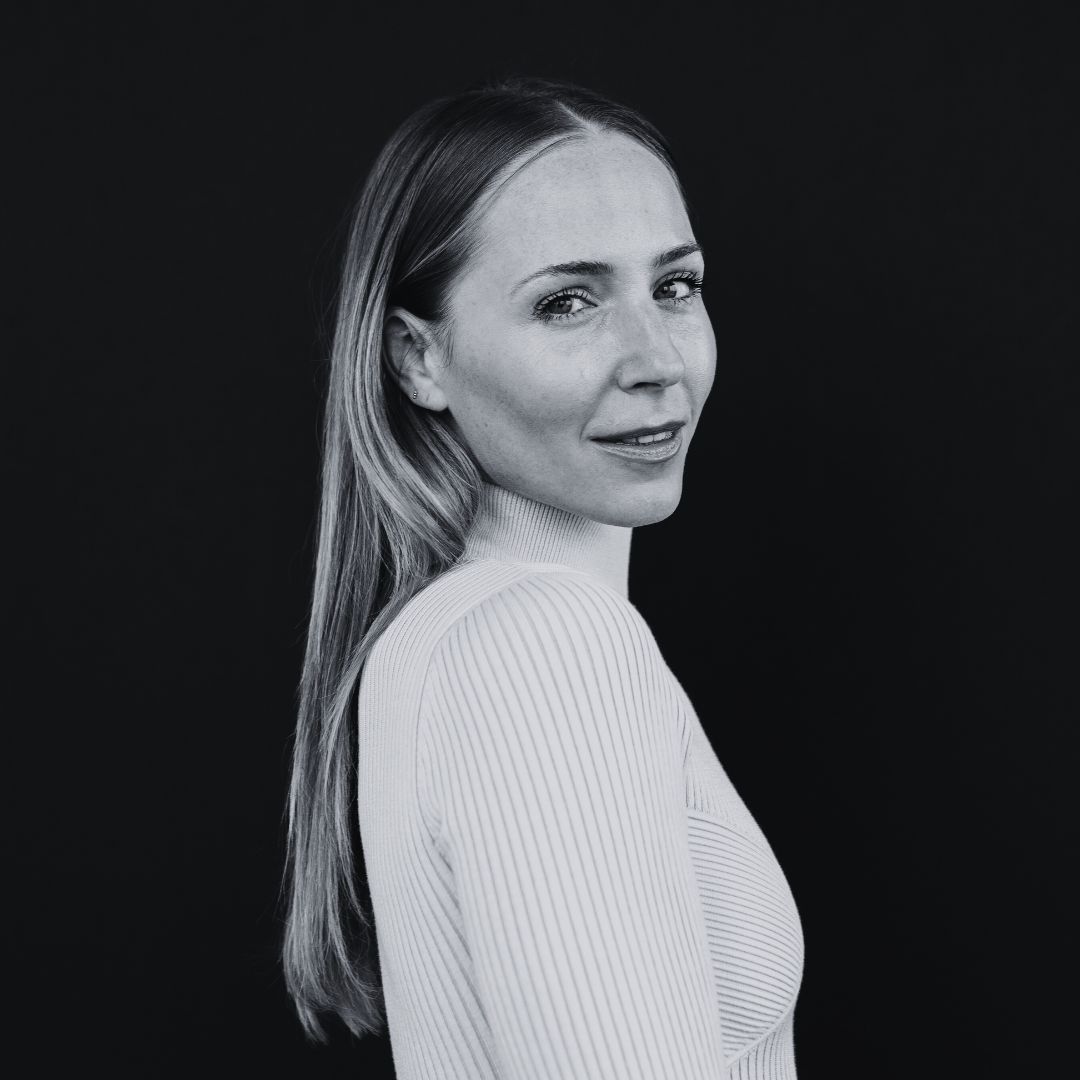


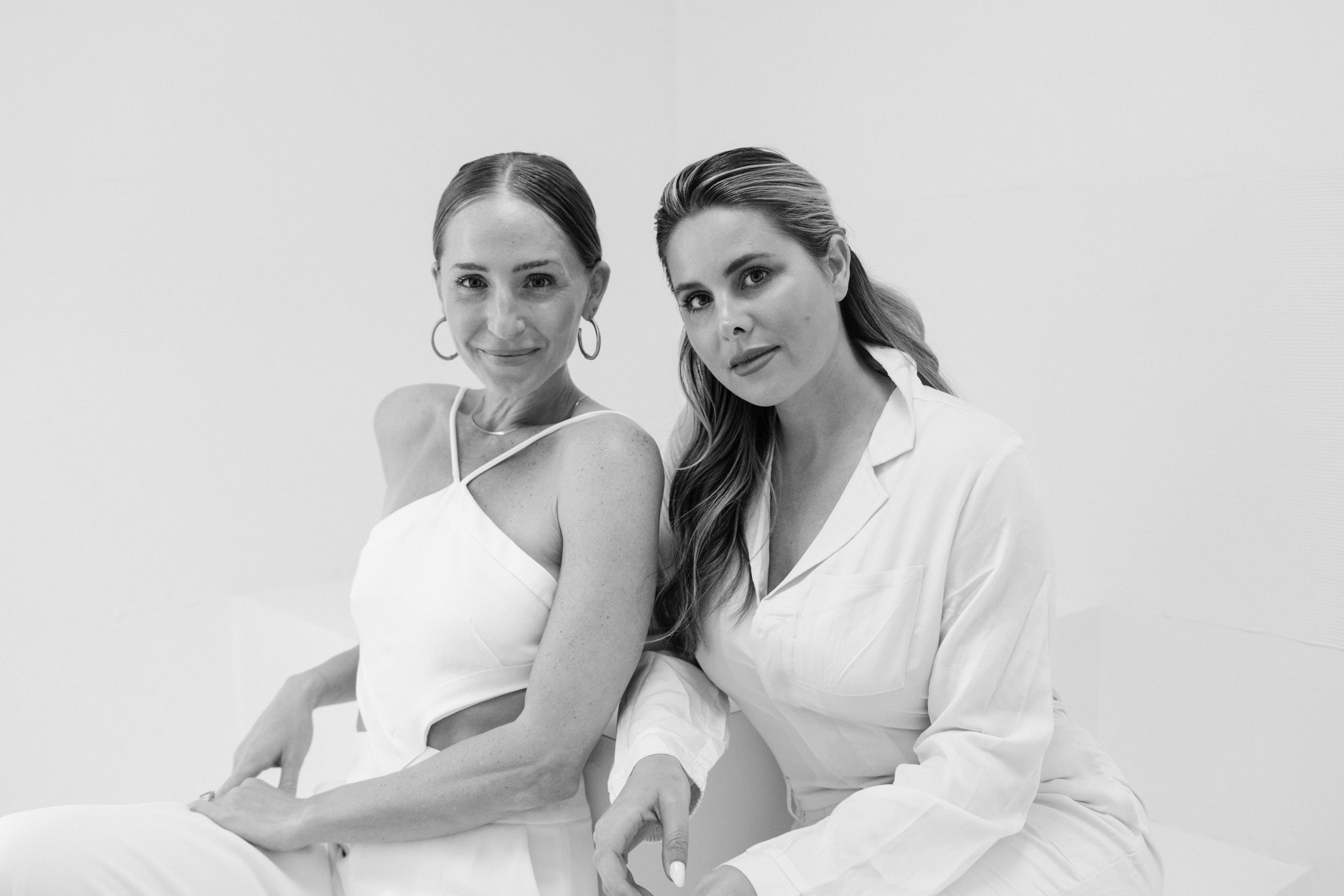
add a comment
+ show Comments
- Hide Comments